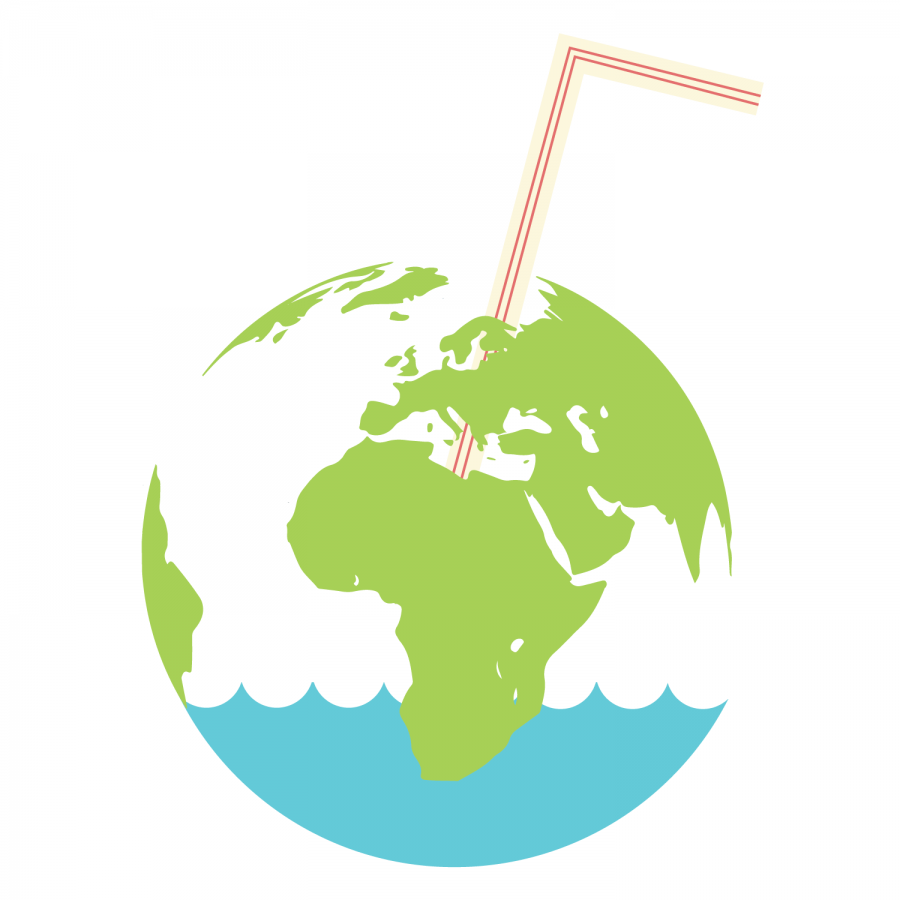Editorial | Water Day can be every day
Apr 12, 2018
Thursday is Illinois Water Day. You can celebrate by going to your local grocery store and buying a bottle of water, swimming at the ARC’s 22,907 square-foot indoor pool or taking a warm, relaxing bath.
In Cape Town, South Africa, an unsettling portion of the water available to us every day is rationed between the 4 million people who live there. Residents are living on a daily allowance of a little over 13 gallons a day. To put this in perspective, a typical 10-minute shower in America uses about 20 gallons of water. High-efficiency washers use around 15 to 30 gallons per load. In total, the average American citizen uses between 80 and 100 gallons a day.
For thousands of locals in Cape Town, standing in line at a natural spring for water is now the typical start to their day. The reality of life without a reliable, consistent water source has arrived. Locals turn to dry shampoo and hand sanitizer to stay hygienic. Leftover shower water is used to flush toilets — and only when it’s absolutely necessary.
“Day Zero” is on its way. Its predicted arrival is pushed back to 2019, but this date is entirely contingent on rainfall patterns; rainfall in South Africa used to be sustained during winter months, but it is now irregular due to climate change.
Water crises are present within the U.S. as well, in places such as Flint, Michigan, which is still plagued by lead-poisoned water. Throughout the country, excessive costs for water infrastructure repair are causing water bills to rise dramatically, impacting millions of families.
Get The Daily Illini in your inbox!
The water crisis is a worldwide challenge for growth, progression and survival. It is not foreign to the U.S., and it sure is not an issue to be overlooked any longer.
If you care about the environment at all, you should celebrate Illinois Water Day differently and let the reality of the ongoing water crisis really sink in. It’s one thing to recognize there’s a problem, but actually acting on it is what really matters.
An obvious one is brushing your teeth, washing your face or washing your hands without the faucet running. The average faucet pours out 2 1/2 gallons of water per minute. Cut the faucet some slack.
If you’re waiting for the shower water to heat up, collect the water instead of letting it run down the drain. Use this water to hydrate your plants and do dishes. And for the sake of those who have such minimal access to water, take less and shorter showers.
And it’s not a matter of jumping on the water conservation bandwagon and preaching to all your friends about how it’s morally wrong to spend an extra five minutes in the shower. It’s a matter of taking care of the planet.






